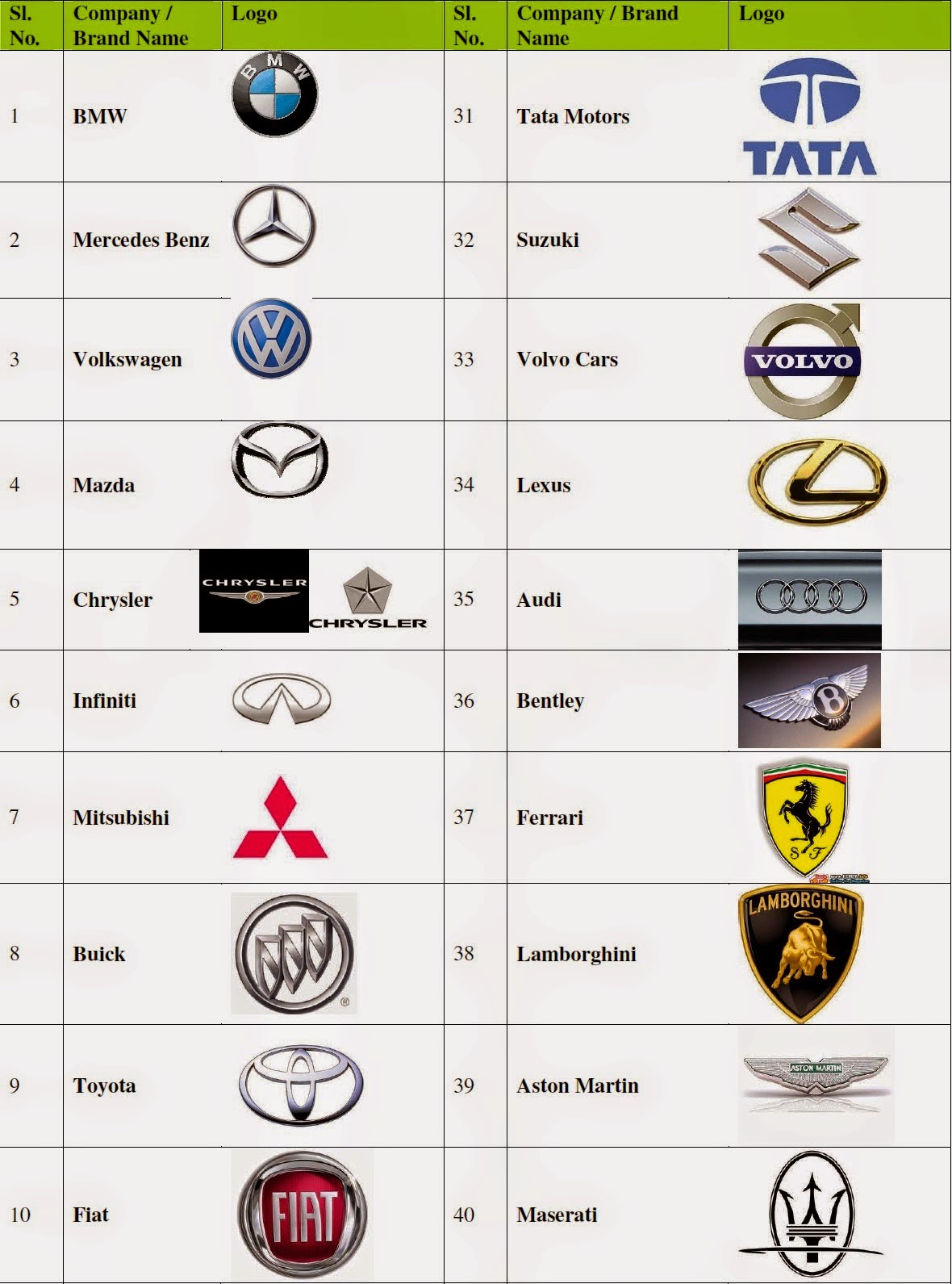In the current rapidly changing world, the car has become more than just a means of transportation; it represents freedom, convenience, and personal choice. Although public transportation and ride-sharing services have made significant strides in accessibility, there exist strong reasons why owning a car can greatly enhance your lifestyle. Whether it be for daily commutes, weekend getaways, or spontaneous adventures, having your own vehicle provides a realm of possibilities that can be difficult to replicate through other means.
Imagine the simplicity of a morning routine without the hurry to catch a bus or train, knowing that your car is prepared to take you to your destination. The dependability of having your own vehicle enables greater freedom in planning your day, whether it's running errands, heading to work, or setting out on a road trip with family and friends. In a world where time is often crucial, a car can be an essential asset, providing not just convenience but also a sense of empowerment and dominance over your own schedule.
The Freedom of Mobility
Owning a car delivers unparalleled liberty and versatility in our daily lives. It allows people to commute without the restrictions imposed by mass transportation routings or pathways. With a vehicle, you can go on impromptu road trips, meet with family and friends with ease, and explore new areas at your own pace. This feeling of mobility enables you to accept impulsiveness, making it more manageable to capture opportunities as they come up.
Apart from individual comfort, owning a car can profoundly boost your capability to meet commitments and tasks. Whether traveling to work, handling errands, or transporting children to activities, a vehicle facilitates these tasks. It mitigates stress by ensuring a dependable option for commuting, guaranteeing that you can organize your time effectively and uphold your responsibilities without avoidable setbacks.
Additionally, a car can be a essential resource in emergency situations. In cases of health crises, natural disasters, or other unexpected events, having instant access to a vehicle can make a significant difference. It enables you to act swiftly when necessary, ensuring safety and security for yourself and your dear ones. The benefit of having a vehicle extends further than mere convenience; it represents a crucial component of freedom and alertness in an unpredictable world.
Financial Impacts of Car Possession
Owning a car can significantly affect your financial circumstances in various ways. The most obvious cost is the purchase price, which can be a considerable outlay. However, this cost is often offset by the ease and flexibility a vehicle provides. For a lot of people, owning a car means gaining better employment opportunities, particularly in areas with limited public transportation. This movement can lead to increased income potential, rendering the upfront investment worthwhile in the long run.
In furthermore to employment accessibility, car possession can affect daily living costs. While there are expenses associated with gasoline, upkeep, coverage, and repairs, numerous people find that owning a car allows them to save time, which can translate into reducing money. For instance, less hours spent commuting can lead to lowered childcare costs or the opportunity to pursue side jobs. Moreover, with a vehicle, individuals can take advantage of bulk shopping, which frequently saves money on groceries and essentials compared to depending on convenience stores or delivery services.
Car possession also has wider economic consequences within a society. Greater car access can lead to increased local spending, as residents become more mobile and able to go to different businesses. This can boost local economies by aiding shops, restaurants, and services that may not thrive without the traffic generated by vehicle drivers. In addition, car-related industries, from dealerships to repair shops, contribute substantially to job creation and economic growth, supporting the claim that owning a car is not just a convenience but an essential driver of economic activity.
Environmental Considerations
The impact of cars on the environment is a vital issue that should not be ignored. While personal autos contribute to convenience, they also play a substantial role in environmental degradation and greenhouse gas emissions. The combustion engines widely used in many vehicles release carbon dioxide, contributing to global change. Even with improvements in fuel efficiency, the sheer volume of automobiles on the road makes it necessary to consider their impact on the environment.
On the other hand, the rise of electric and combination vehicles presents a promising change in how automobiles can affect the environment. These autos produce less emissions and can operate on renewable energy sources, reducing reliance on fossil fuels. This shift not only demonstrates that owning a car can align with eco-friendly practices but also encourages a wider move towards sustainable transportation methods. Consumers can play a part in this change by choosing more sustainable options whenever feasible.

Additionally, the demand for a car also drives the development of better shared transportation infrastructure. By owning cars, people express the need for improved transit systems. used cars , in turn, drives cities to create settings that harmonize the reliance on individual vehicles with sustainable alternatives. Ultimately, considering environmental implications fosters a more integrated approach to transportation and encourages sustainable ownership.
